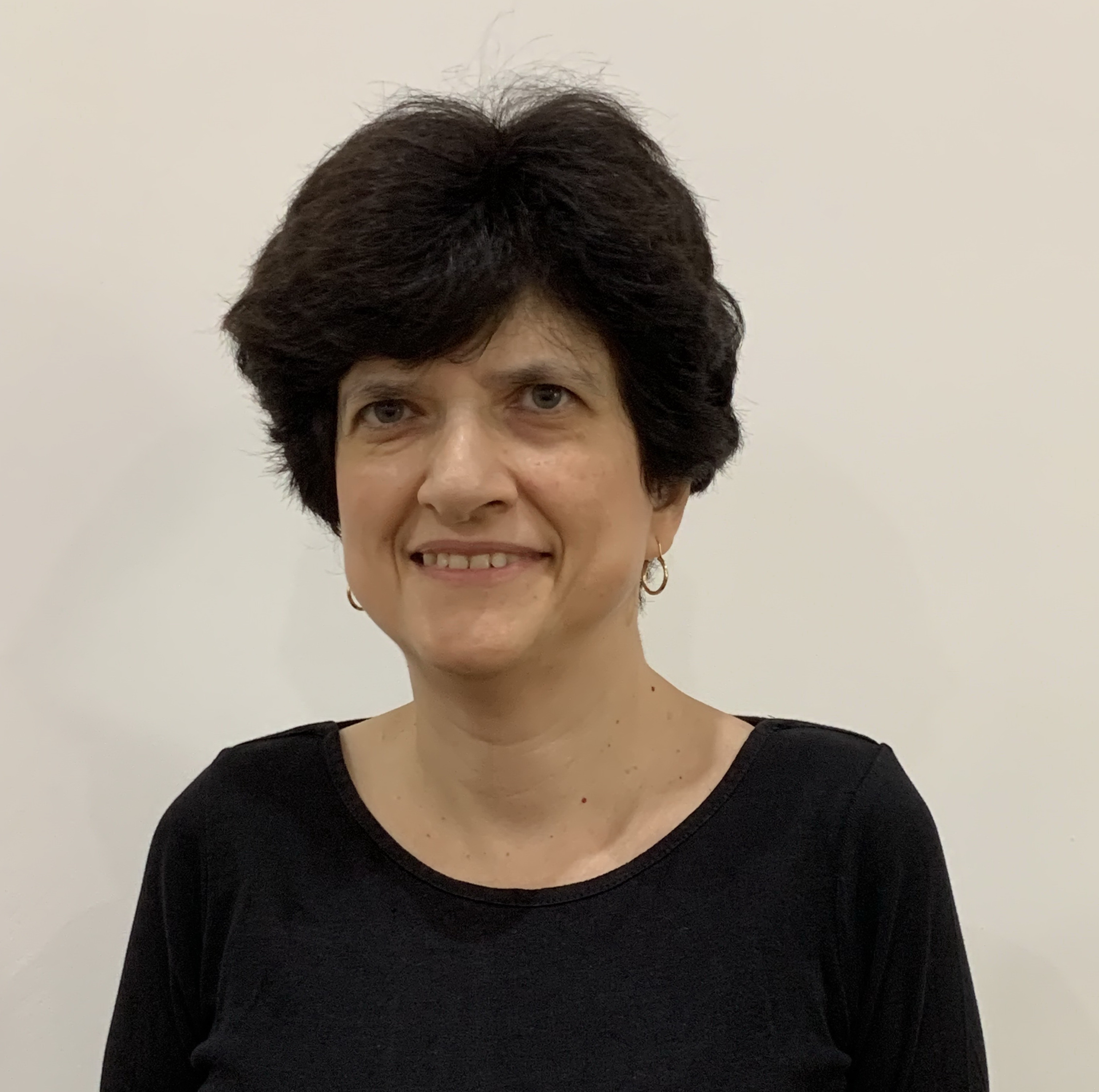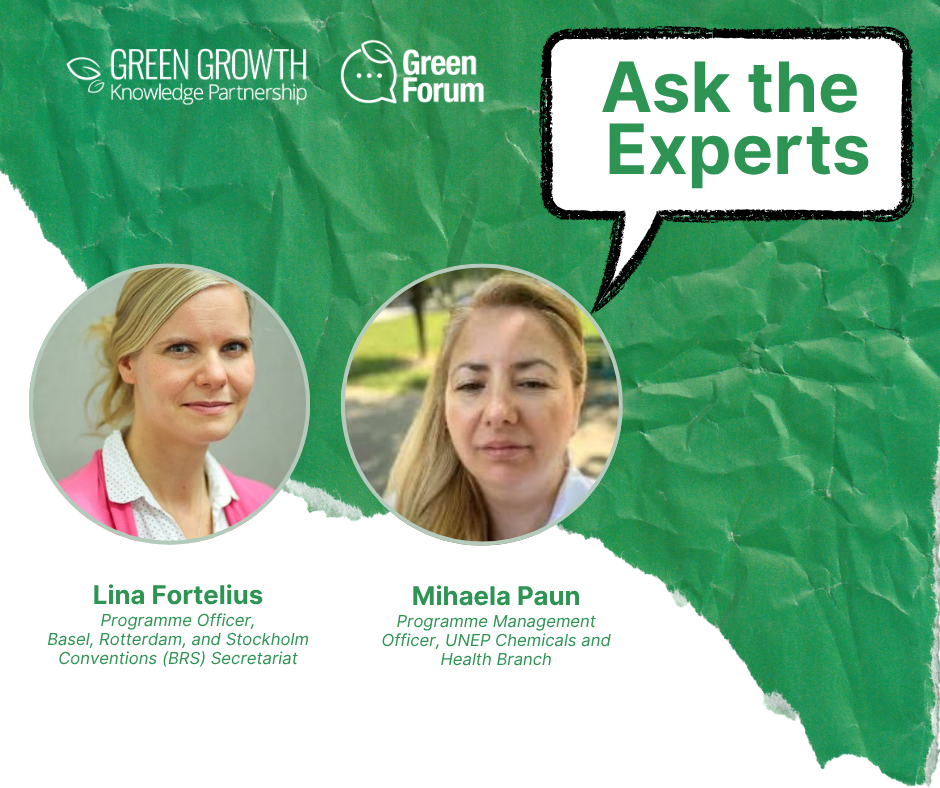National Implementation Plans (NIPs) are central to the Stockholm Convention, yet sometimes they overlook a critical dimension of gender. Persistent organic pollutants (POPs) affect women and men differently. Women are frequently more exposed through household products and agricultural work, and their physiology makes them particularly vulnerable to endocrine-disrupting and carcinogenic effects. At the same time, women shoulder much of the responsibility for family health and food preparation, placing them at the front line of both exposure and protection.
However, women’s perspectives remain underrepresented in decision-making on chemicals and waste. Without gender considerations, policies risk missing key exposure pathways and community needs. For policy makers, this is not a question of fairness alone but of effectiveness: inclusive NIPs are stronger NIPs.
AWHHE’s Mission and Role
Armenian Women for Health and Healthy Environment (AWHHE), founded in 1999 during the negotiation of the Stockholm Convention, has long understood this connection. Its mission is to safeguard the right to a healthy environment, reduce risks from chemicals and climate change, and promote healthier lifestyles with a focus on women and children. As a member of Armenia’s NIP Committee, AWHHE brings community perspectives into policy processes and ensures that women’s voices inform updates to national strategies.
Why Focus on Women?
Women and men are affected by persistent organic pollutants (POPs) differently due to their physiology, occupational exposures and exposure to household products. Their priorities, responsibilities, and needs in reducing toxic chemicals and waste diverge. Recognising these differences, AWHHE empowers women as agents of change at the community level, fostering inclusive decision-making to achieve a shared vision of a healthier environment for children and future generations.
Communicating Risks, Driving Change
AWHHE’s approach to gender mainstreaming is both practical and strategic. From the earliest stages of its projects, the organization conducts gender analysis, gathers sex-disaggregated data, and listens to community concerns.
One of its strongest contributions lies in how information is communicated to the communities. POPs are defined in highly technical terms, yet AWHHE attaches great importance to translating this language into messages people can relate to. Rather than relying on abstract definitions, the organization explains risks and exposure pathways in ways that connect directly to daily routines—whether preparing food, farming, or managing household waste. This approach ensures that families, and especially women who often carry these responsibilities, can clearly understand both the dangers and the safer alternatives available to them.
Awareness campaigns therefore not only inform but also empower. They link risks to practical solutions such as healthier consumption, sustainable agriculture, or entrepreneurship opportunities, enabling communities to take ownership of safer practices.
Capacity building has been another cornerstone. In Kotayk and Lori provinces in Armenia, for example, women farmers were trained in climate-smart agriculture, giving them both the tools to protect their health and the confidence to influence decision-making in their communities. On the policy side, AWHHE collaborates closely with Armenia’s Stockholm Convention National Focal Point, engages in Conferences of the Parties, and works through global civil society networks like IPEN, PAN, HCWH, and HEAL. This combination of grassroots work and high-level advocacy ensures that gender considerations move from the margins to the centre of chemicals governance.
“We are trying to encourage women to be more involved in the decisions that are being made on the level of their communities so that we have our joint vision for healthy environment for our children and healthy generation for Armenia” reflects Gohar Khojayan.
Evidence from Practice
This integrated model has produced tangible results. Under the GEF-funded NIP update project in Armenia, Albania, and Kazakhstan, AWHHE led the awareness-raising component, tailoring messages for women about the health impacts of POPs and available alternatives. Through the UN Democracy Fund, women farmers in Armenia not only learned climate-smart practices but also strengthened their participation in local governance. Other initiatives in the region have addressed pesticides like chlorpyrifos, documented health risks for women, and promoted safer alternatives to highly hazardous pesticides in rural provinces.
Each of these experiences demonstrated that when women are engaged as partners, NIP processes become more inclusive, more credible, and more effective.
The experience of AWHHE carries clear lessons for governments updating their NIPs. Integrating gender must begin at the planning stage, with sex-disaggregated data and gender analysis guiding decisions from the start. Building institutional partnerships between governments, NGOs, and international networks ensures that gender equality does not remain aspirational but becomes operational. And perhaps most importantly, empowering women as leaders—whether as farmers, educators, or NGO advocates—can create ripple effects across households, communities, and national policy.
This blog post was developed drawing on insights from the GGKP regional workshop for Europe, Asia and Africa “Mainstreaming Gender in National Implementation Plans under the Stockholm Convention” held on 27 August 2025. As part of the Global NIP Update project (GEF ID 10785), funded by GEF and led by UNEP, this workshop shared practical insights on integrating gender into NIPs, featuring experiences from the national project experts, civil society and community groups.
To learn more about the Global NIP Update project, visit Global NIP Update | Green Policy Platform
For a deeper dive into the GGKP gender workshop focused on Europe, Asia and Africa, you can access the full recordings and materials here: https://www.greenpolicyplatform.org/webinar/regional-workshop-europe-asia-and-africa-mainstreaming-gender-national-implementation-plans
Authors:
 |
Gohar Khojayan, Communication Specialist, Armenian Women for Health and Healthy Environment (AWHHE) |
 |
Soomin Bae, Knowledge Management Support Consultant, GGKP/GGGI
|


